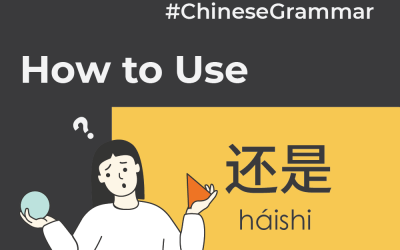
I know, it’s a strange heading. Right?
There are countless articles online about the best apps to learn Chinese. But most of them focus on actual language apps. That is, apps that have been specifically designed to help people learn Mandarin.
What’s pretty cool about many non-language Chinese apps, however, is that you can use them to help you understand written Chinese.
Some can even help with listening and speaking Chinese (I’ll get to that later).
So, what are the best non-language apps to help you learn Chinese? Well, here are seven which I love.

1. WeChat 微信
Ahh, WeChat. This is undoubtedly one of the top apps in China, if not the best.
WeChat is now extremely popular as a payment method (WeChat Pay). But one of the original functions of WeChat is to chat with friends, which it’s still used for.
So, if you have Chinese friends, use WeChat to chat to them in Mandarin. Even if you’re not based in China, you can download the app and meet people online to chat with there.
Make a rule with yourself that you will never use English!
If you’re in China, you can join WeChat groups for special interests and even dating.
So, your online Mandarin-learning adventure could turn into an offline one! And, this means you’ll get to practice speaking Chinese in person.
To ask for someone’s WeChat, just say我可以有你的微信吗? Be careful of the context though, because this can also be a subtle Chinese pick-up line!
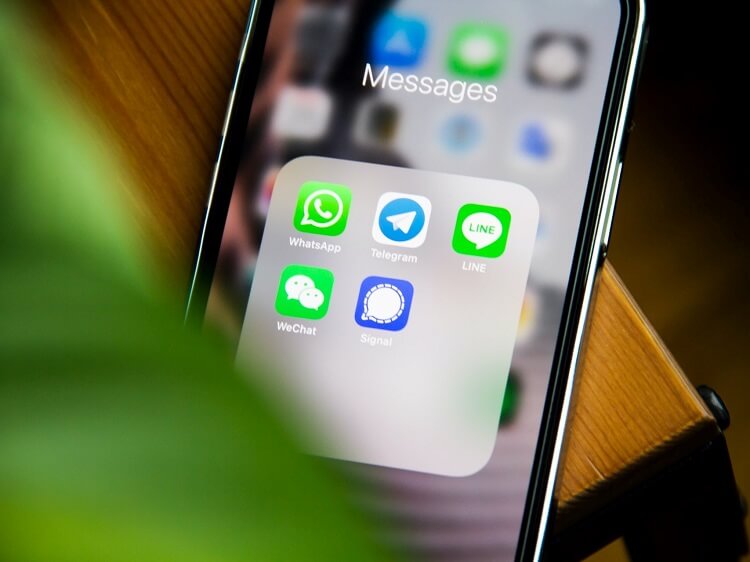
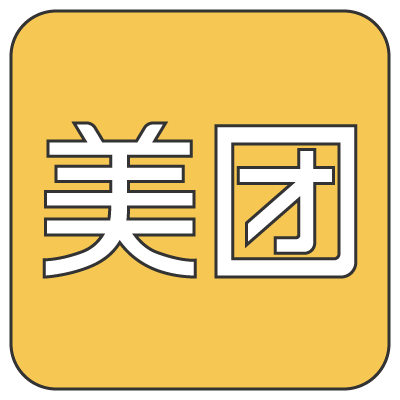
2. Meituan 美团
When you learn a language for the first time, you quickly find out how to say all your favorite foods. Why?
Because everyone loves talking about stuff they like to eat!
And, of course, you can’t really survive in China without knowing at least a few food words in Mandarin.
Meituan is a great app to learn Chinese because all the restaurants and food places have their menus and food items listed in Mandarin.
Some restaurants may confuse you with a myriad of options, so just start with the basics. Look for the headings like soup, dumplings, meat, and drinks. If you’ve been learning with That’s Mandarin, you might know some of the basic food words already.
As your language ability increases, you’ll recognize more characters and then you’ll be able to piece together dishes where you actually don’t know every single character. It’s like filling in the blanks.
For example, let’s say you see 兰州手拉牛肉面 on Meituan.
You may know the last three characters, which is beef noodles. You may also have learned about Chinese cities, and recognize the first two characters as being Lanzhou. Or, you might just recognize 手which is hand.
Putting all the pieces together, this food dish is Lanzhou hand-pulled beef noodles.
Don’t be too hard on yourself, especially if you’re just starting out with Meituan. If all else fails, you can always translate the characters online.

3. Baidu 百度
Baidu is one of the most popular apps in China. It’s China’s version of Google, and it has almost every Google alternative, such as Maps and Translate.
This makes navigation of the interface relatively easy, as it’s not too dissimilar from Google. Using Baidu instead of Google will really force you to learn Chinese characters quickly, and that’s not necessarily a bad thing!
If you get stuck, you can always switch over to Google. Baby steps!
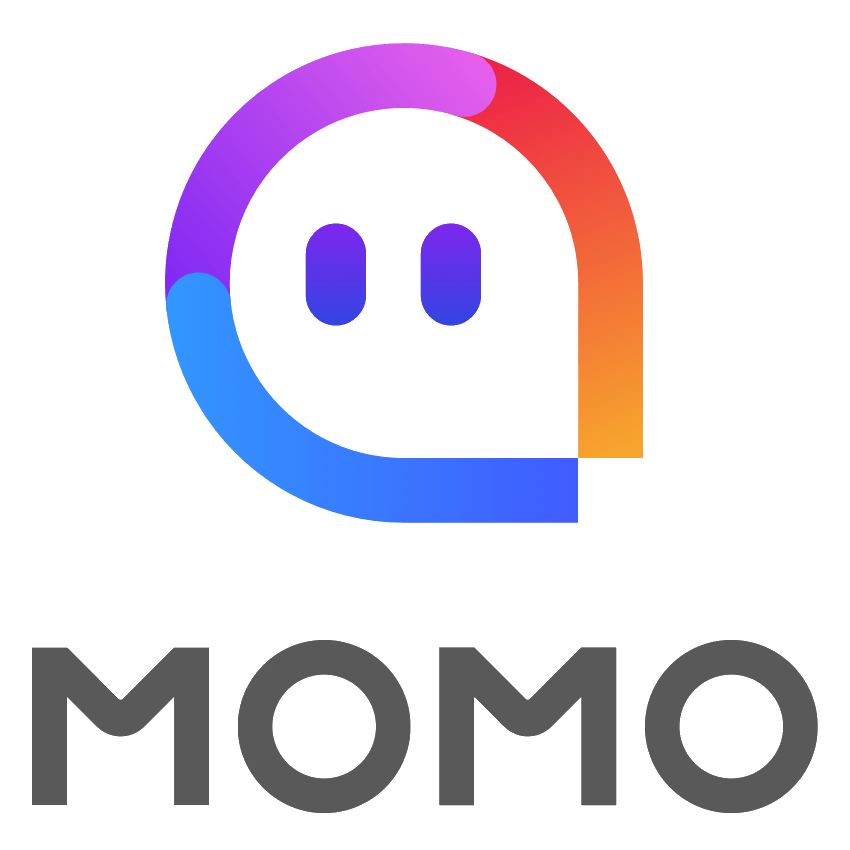
4. Momo 陌陌
Hooked on Tinder? Well, get off it because Momo is one of the hottest Chinese dating apps!
With over 100 million active users, you’re bound to find someone on Momo to chat with. You’ll very quickly learn a bunch of new words, like ‘date’, ‘love’ and…. well, you get the picture.
If you’re worried about safety, Momo has recently spent a lot of money to clean up its image as a one-night stand app.
I’d say WeChat is probably more popular with young adults, even though it’s not officially a dating app, but people might be more serious about finding love on Momo.
On your profile, you could say that you’re a native English speaker but you only want to use Chinese on the app because you’re learning the language.
Get help from a Chinese friend if you need assistance setting up your profile.


5. iQIYI爱奇艺
I love this Chinese app! iQIYI is a fast-growing video streaming platform that offers a huge number of movies and television shows for free.
iQIYI makes most of its money from advertisements and content license purchases. That’s why you can watch without paying a cent, no matter where you are in the world.
I’ve seen a few period dramas and they’re quite cute! The characters also speak standard Mandarin so you won’t get confused with different dialects.
If you need a little break from all the Chinese you hear being spoken, or you’re just starting out with the language, turn on the English subtitles.
The great thing about iQIYI is the interface is available in English, so navigating to your preferred show or movie is easy.
Check out some of the dramas on iQIYI here (you can watch on desktop too if you prefer a bigger screen).

6. Taobao 淘宝网
Taobao is China’s Amazon and it’s the biggest online marketplace in the world.
You can buy anything you need or want from this site – the options are endless. You can also sell stuff, and each seller has a rating set by previous customers.
If you’re living in China and need something delivered fast, Taobao is the place to find it. But even if you’re learning Mandarin in your own country, why not download Taobao and see if you can recognize a few of the characters?
Start with the main menus and then go from there. Maybe there’s a specialty area that you want to learn the characters for, like collectible toys?
One of the good things about Taobao is there are photos for everything. So, through association you can learn Chinese characters relatively quickly.
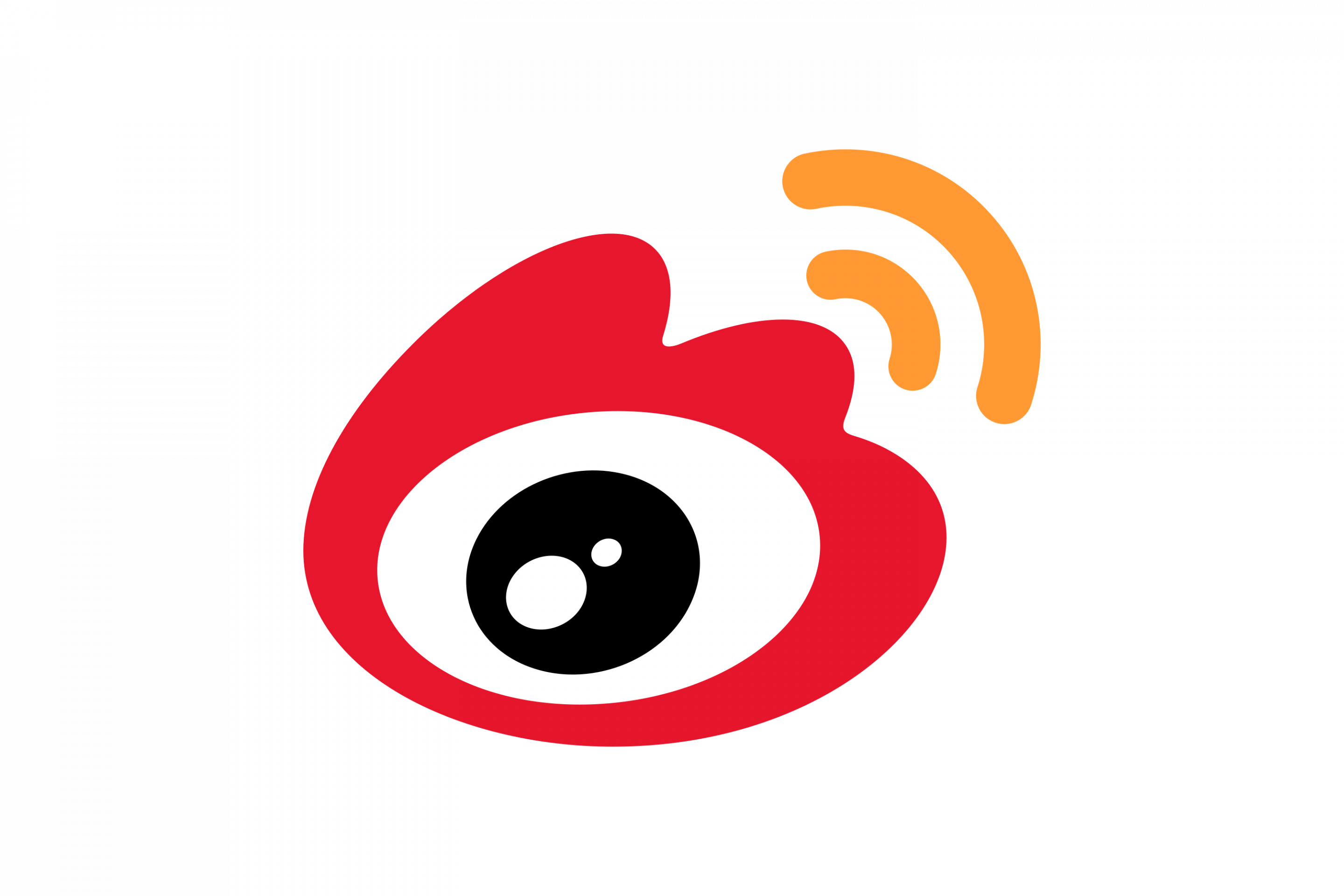
7. Sina Weibo新浪微博
OK, this app is for more advanced Chinese language learners.
Sina Weibo, or Weibo for short, is the biggest social media site in China. It has over 500 million active monthly users.
Weibo is often referred to as ‘China’s Twitter’ because of the character limit. It’s therefore not too daunting because you know everything will be bite-sized.
The awesome thing about Weibo is that you’ll get to learn everyday Chinese, especially all the popular and trending words and phrases.
So, you’ll be able to impress your Chinese friends by saying cool things like哥们 (bro) and算了 (whatever) instead of more formal expressions.
All too much? You can cheat a little by referring to this English site which highlights the things that are trending on Weibo.

So, what do you think?
I’m guessing you initially thought pure language apps were the only way to learn Chinese.
Well, I hope I’ve broadened your horizons a bit with some great alternative apps to learn Chinese.
Start with one or two that stand out for you, then try some of the others.
Best of luck with your Mandarin learning journey!

GUEST POST BY


